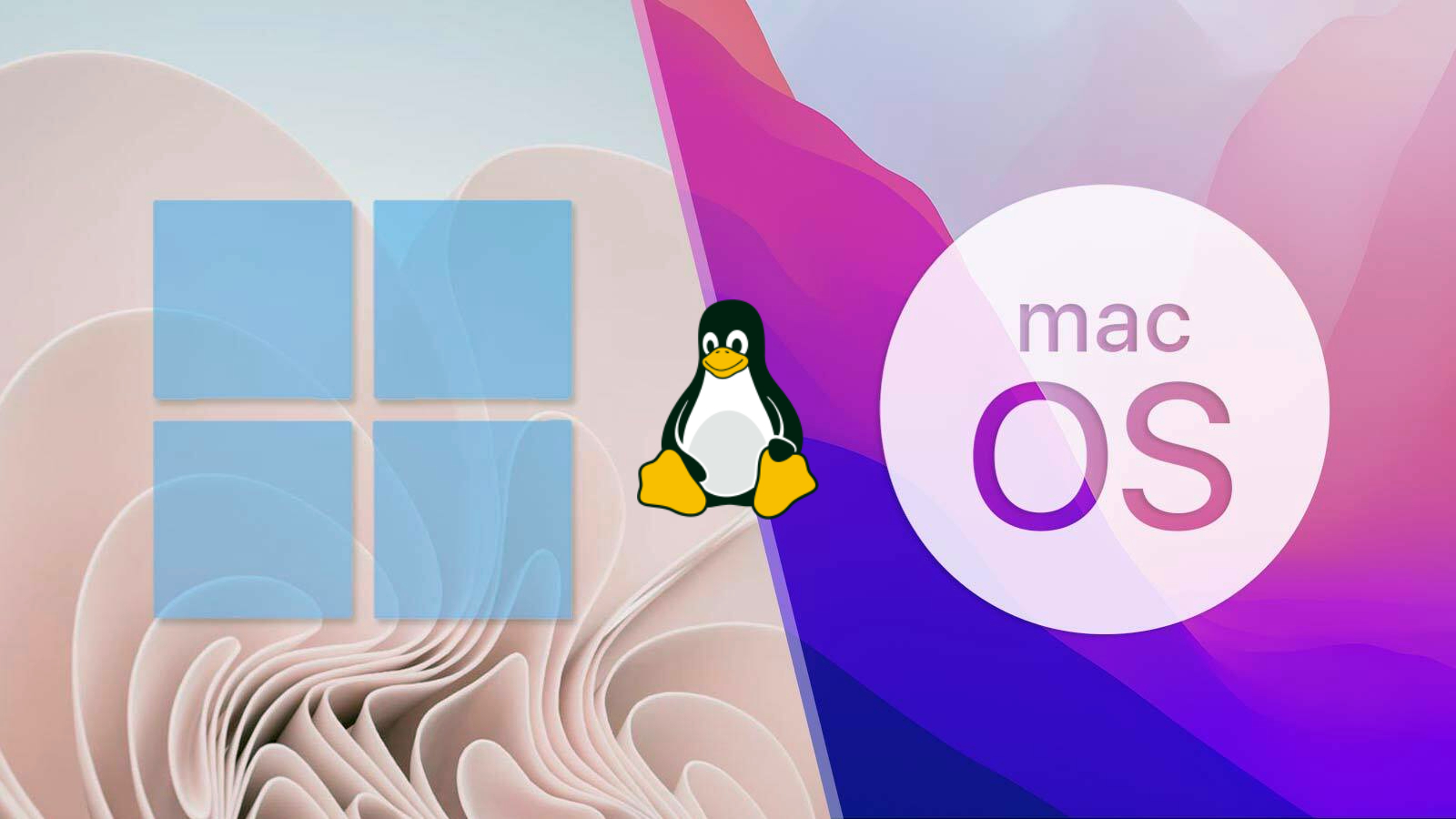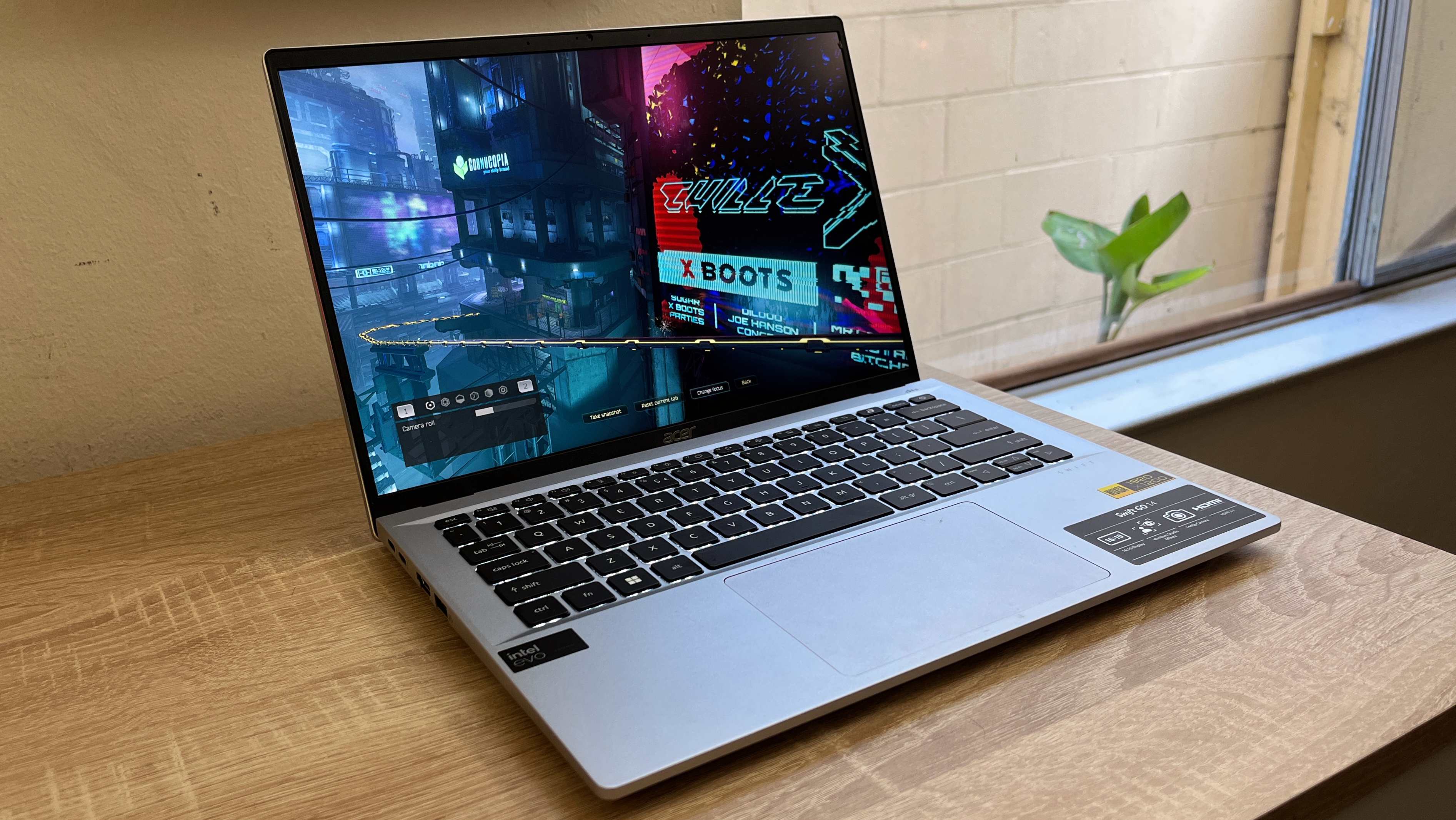
2023 is nearly over, and as the end draws near I'm hopeful you get a chance to rest, reminisce and recover from the year.
We're wrapping things up here at Tom's Guide to take a quick break before we get ready for CES 2024, and that entails a fair bit of looking ahead. I've been thinking a lot about our experience watching Windows 11 evolve even as macOS Sonoma arrived this September with some welcome (if underwhelming) upgrades, and I think I've come to a revelation.
It's time to learn Linux.
Before you close this tab mid-chuckle, let me have a few minutes of your time to work through why 2024 is the year I'm committed to learning Linux. Even if it's just the fundamentals, I think getting to grips with this open-source software suite is just the thing to gird me against the experience of opening the door to 2024 and being bombarded by ads for "AI PCs" like a man entering a wind tunnel face-first.
If you're a superuser already familiar with the strengths and weaknesses of Linus Torvalds' enduring creation, you can skip this end-of-year article. But if you're curious, stick around—I swear 2024 is the year my long-running Linux interest blossoms into a full-blown hobby.
And if I can do it, maybe you can too.
Why now's a great time to learn Linux
I think a lot of people are going to be spending the next few years fuming about how briefly/how long Microsoft waited (depending on your POV) between launching Windows 12 vs Windows 11 in 2021.
With the current version of Windows guaranteed to be supported through 2025 it seems unlikely we'll see a new version as soon as next year, but it's definitely possible Microsoft might rush Windows 12 out the door as soon as 2024 in order to take advantage of the "AI PC" hype cycle that's already started.
That's because Microsoft and its developer partners are all burning the midnight oil to build as many "AI" features into software as possible, in order to take advantage of the fact that AI laptops are on sale now packing the latest Intel Meteor Lake chips. These chips have a built-in NPU (Neural Processing Unit) that's very similar to the Neural Engine built into the Apple silicon (like the Apple M3 chip) which powers the best MacBooks, and developers are going to spend the next few years designing and hyping "AI" experiences which tap the power of these new NPUs.
And hey, that's going to be great in the long run. Intel's finally catching up to AMD and Apple by building NPUs into its chips, and they'll make Windows and Mac PCs more efficient at getting work done. But it's also going to lead to a glut of "AI" features rolling out across PC hardware and software over the next few years, and the defining characteristic of that stuff is that it takes control away from you.
Don't get me wrong, it does so in ways that are meant to make your life easier. We know because we've already spent some time with the first Meteor Lake laptops, including my Acer Swift Go 14 hands-on, and a lot of the early features that tap the power of these new AI-minded chips do useful things like generate art and text for you, answer questions, find Windows 11 system settings, and summarize documents.

All of that is helpful, but I can already see how it leads me down a path of understanding my PC less and less. I already barely understand how to find the right settings in Windows, because there's so much cruft layered into the operating system that I often scratch just beneath the shiny new Windows 11 exterior and find a dusty pile of old Windows diagnostic menus that look straight out of Windows Vista. How much less will I understand when I'm using Windows Copilot to control Windows system settings for me, rather than just tweaking things myself?
And while macOS Sonoma hasn't worked in nearly as many AI widgets and gewgaws as Windows 11, I think that will change sooner than you think. Apple has taken a cautious "wait and see" approach with the various LLM-trained (large language model) technologies we've seen in 2023, and as we move through 2024 I think you'll hear a lot more about AI in Apple PCs.
Which is all the more reason to start getting to grips with Linux today. Understanding it will help me better understand both Linux and UNIX, which underpin both macOS and Windows. More importantly, it'll help me get more done at work and at home.
I've always envied folks who are Linux-savvy because they have such an easy time doing things like moving files around a home network, or quickly moving batches of files between PCs with nothing more than a few lines of text. I have to do loads of mousing around pointing and clicking to accomplish the same things, which is murder on my wrists and my ego.
There's so much to learn that I think there must be no one best way to start, but I'm going to dip my toes in by working through some free courses at The Linux Foundation starting January 1, 2024. If you plan to take the same trip or have completed a similar journey recently, leave a comment all about it—it'll help me stay motivated once January 2nd rolls around!

.png?w=600)





